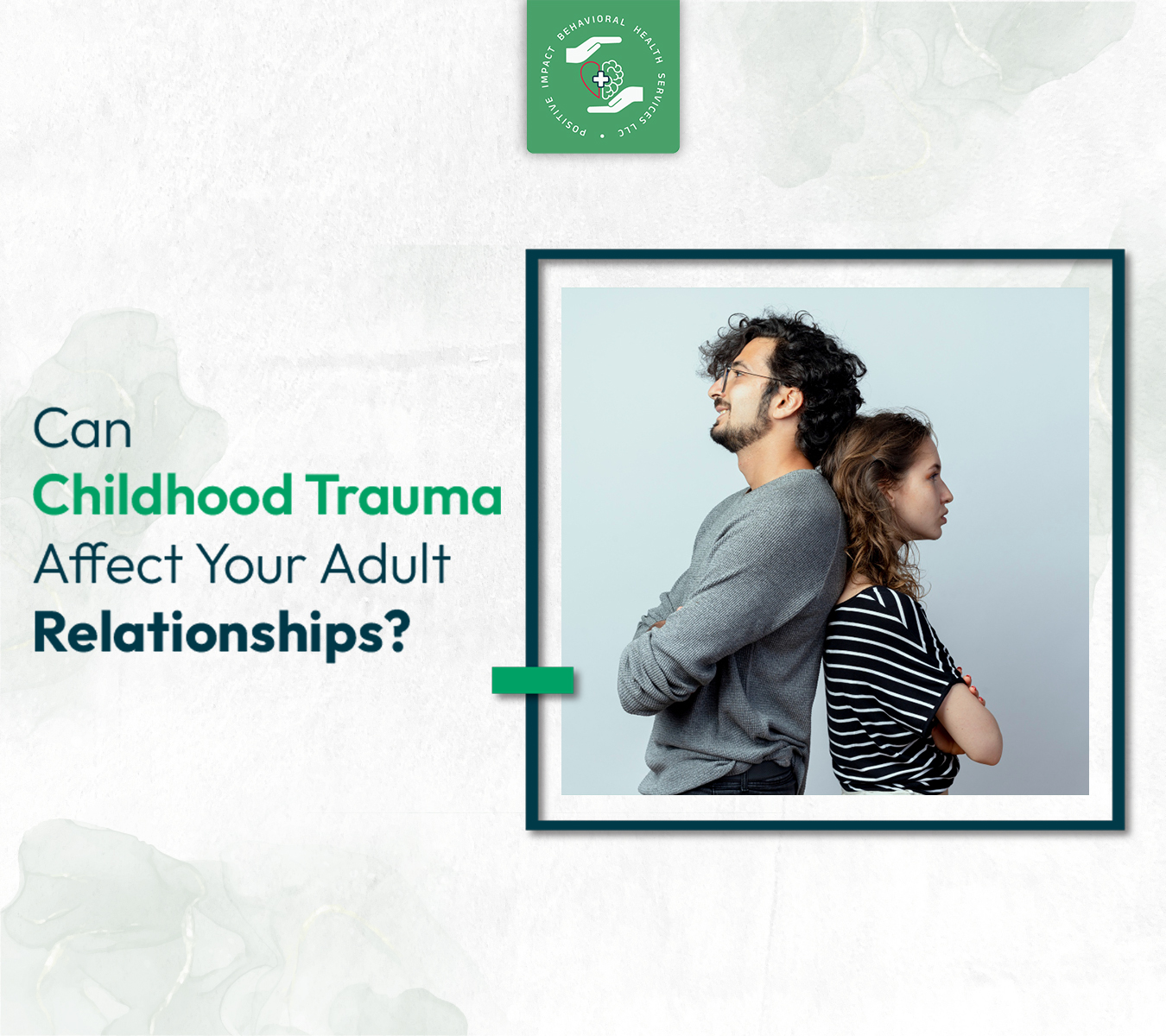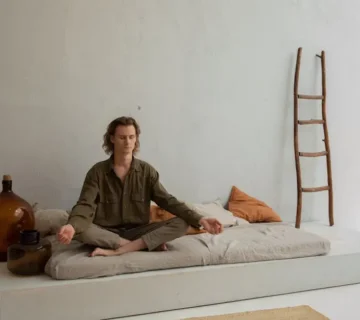Childhood teaches us about love, confidence, and feeling safe. When kids face bad events or fear and pain, the hurt can stay with them as they grow up. These pains may cause one not to be intimate with others or to trust a partner.
What Is Childhood Trauma?
Childhood trauma is referred to as things that frighten or bother a child a lot. It could be being injured, shouted at, left out, or exposed to bad stuff at home. These can make a child feel insecure both physically and mentally. With time, the brain and emotions learn to remain alert. This might make daily living more difficult.
How Does Trauma Affect Grown-Up Hearts?
When children lack safety, they might grow into adults who shield themselves. Some people long for connection but fear trust. Some push others away to stay safe. These patterns are called attachment styles. They come from how a child learned to get comfort long ago. These styles can affect how an adult shows love, argues, or shares emotions.
Here are some of the ways there may be signs of trauma in adult relationships:
- Trouble trusting others.
- Fear of being left or abandoned.
- Wanting too much closeness or keeping too much distance.
- Getting angry quickly or feeling sad for a long time.
- Having trouble saying what you feel.
Simple Examples
If you had a parent who was not steady or kind, you might become afraid that people will leave. You might check your partner all the time. Or you might avoid closeness because closeness felt unsafe before. These are ways the past shows up now.
Why Does This Happen?
Big feelings from childhood can stay in the body. The brain remembers danger and keeps you ready. This can make a person feel nervous, worried, or jumpy around others. Small things, like a loud voice or a harsh tone, can bring back old fear. This makes it hard to relax with someone you love.
The Good News: Healing Is Possible
Even when trauma shaped your early years, you can change how you relate now. Therapy can help you learn new ways to feel safe, trust, and be close. People can learn skills to calm their bodies, speak clearly, and set kind limits. Over time, new habits can grow.
What Helps? (Ways We Work With You)
At Positive Impact Behavioral Health, we help people who carry childhood trauma into adulthood. We believe healing is kind, steady, and real. We utilize various resources to enhance your well-being and strengthen your relationships.
Some tools we use:
- EMDR. This therapy helps the brain process old painful memories so they hurt less now. It can lower fear and troubling memories.
- Mindfulness and MBCT. These methods help you notice your body and thoughts. You train yourself to notice them without becoming entangled in their influence. They can help you stay calm and react in kinder ways to your partner.
- Medication management when needed. Medicine can help with intense anxiety, panic, or deep sadness while you work on healing with therapy.
- Coping skills education. We teach simple ways to calm your body, speak up kindly, and handle challenging moments in relationships.
Who Helps You Here
We are a team that cares. Dr. Martins Akhibi is a board-certified nurse practitioner. He specializes in psychiatric mental health and is part of our team. He listens with care and uses treatments that fit you. We believe you are not broken. We think you can heal with the proper support.
How Therapy Helps Your Relationships
Therapy can help in small, steady steps:
- You learn to name your feelings. This gives you the ability to share your needs with your partner.
- You become aware of when your body is prepared to respond. Then you can pause and choose a gentler way to respond.
- You explore new approaches to trust. Trust can grow slowly when it is safe.
- You learn ways to speak clearly and listen. This lowers fights and helps closeness.
Tips You Can Try Today
These small steps can help right now:
- Take three slow breaths before you answer when you feel upset.
- Tell your partner one clear need in a calm voice. For example, “I need a minute.”
- Practice saying one honest, small thing each day. It can be about something good or hard.
- Take a calming moment: notice your feet on the ground and identify five things around you.
You Are Not Alone
Many people hold onto childhood wounds. This doesn’t show weakness. It shows you are human. Asking for help is brave. Healing does not erase the past, but it can change how the past affects today. Close relationships can become softer and safer with work and care.
If You Want Help, We Can Walk With You
At Positive Impact Behavioral Health, we make a safe place to share at your own pace. We use EMDR, mindfulness, and other tools to help your mind and body heal. We collaborate with you to foster trust and discover improved ways to give and receive love. We’re available to listen if you’d like to chat.
Conclusion
Childhood trauma can make adult relationships hard, but healing is possible. With kind support, simple skills, and steady therapy, you can learn to trust, connect, and feel safer in relationships. We’re here for you.
FAQs
Q. Will I need medicine?
Medicine can help with strong worry or deep sadness during therapy. Your provider will advise on the best options.
Q. What can I try at home to feel better?
Try slow breathing. State one clear need to your partner. Next, take a basic grounding step by identifying five things in your surroundings.




